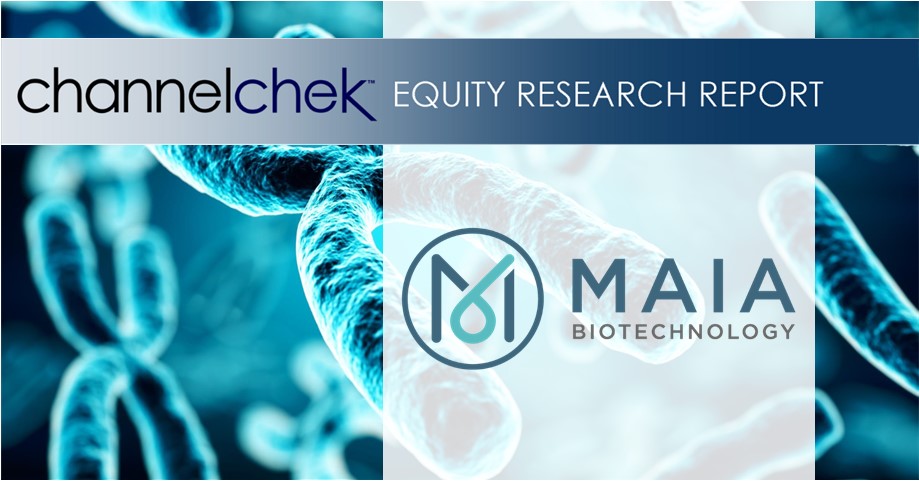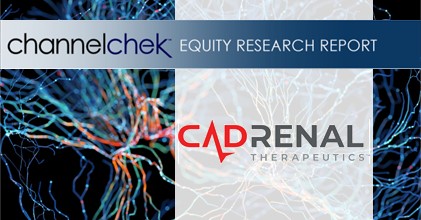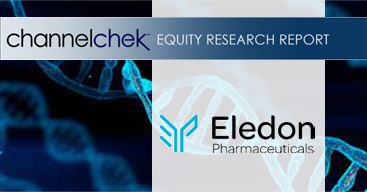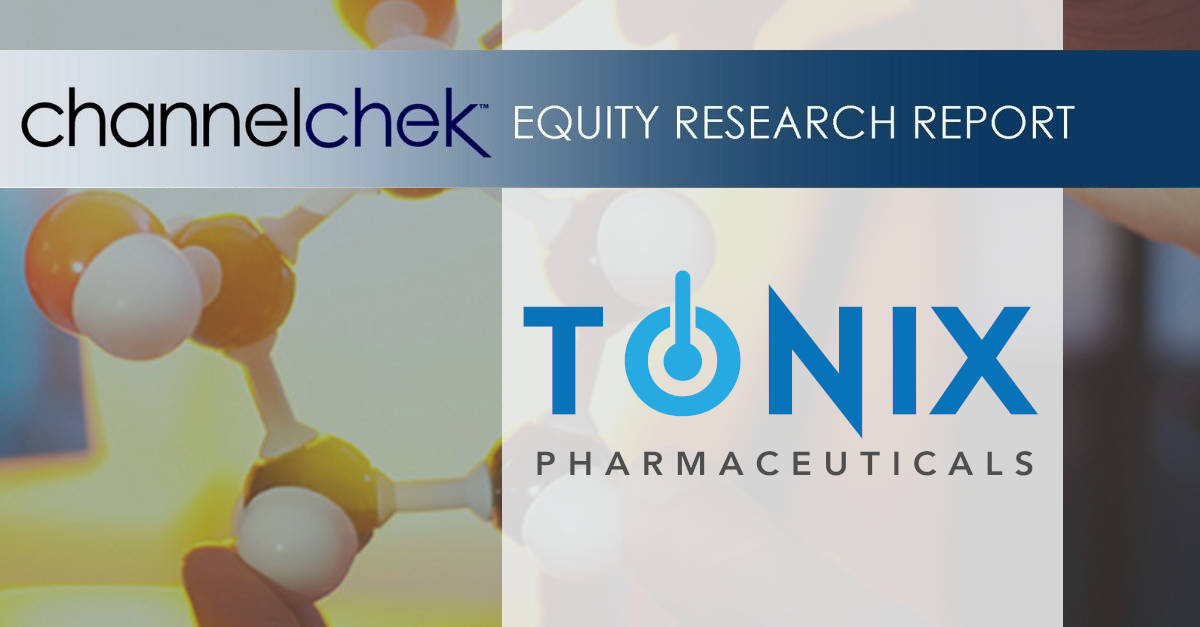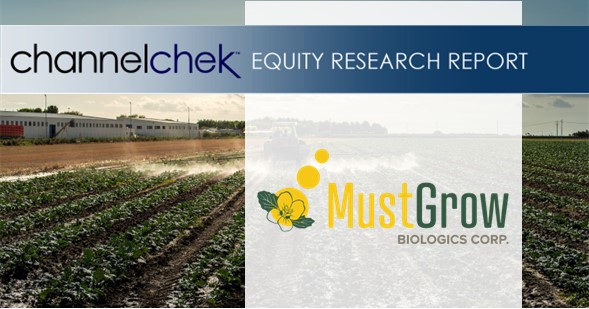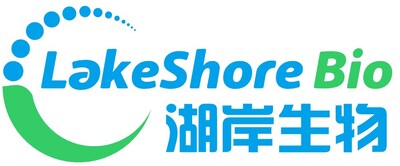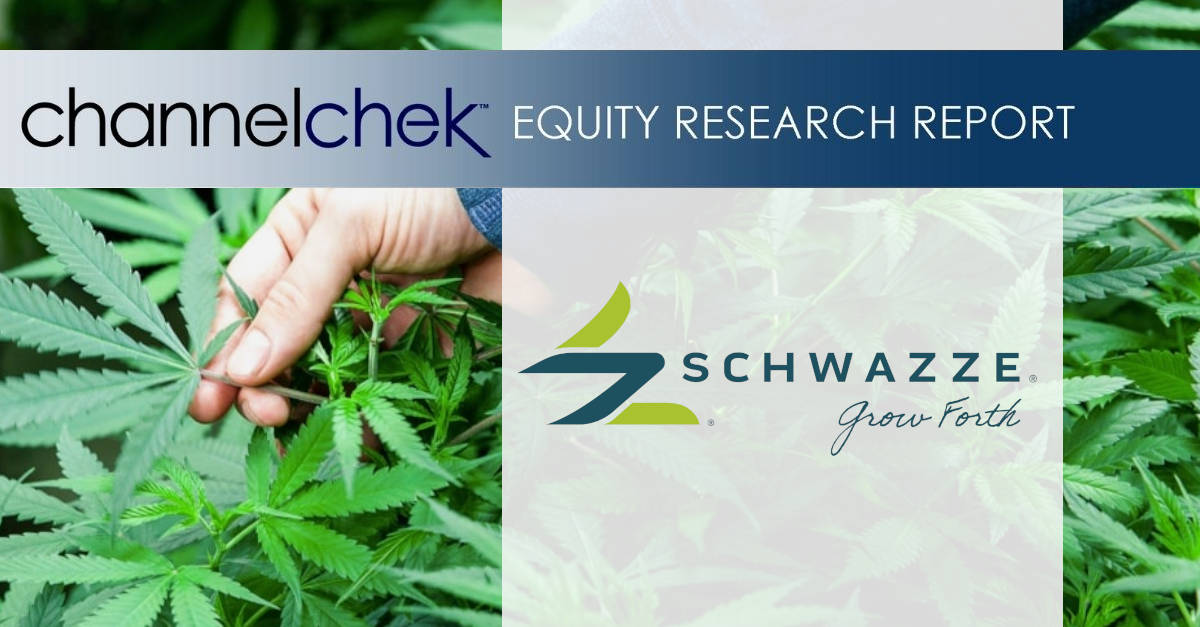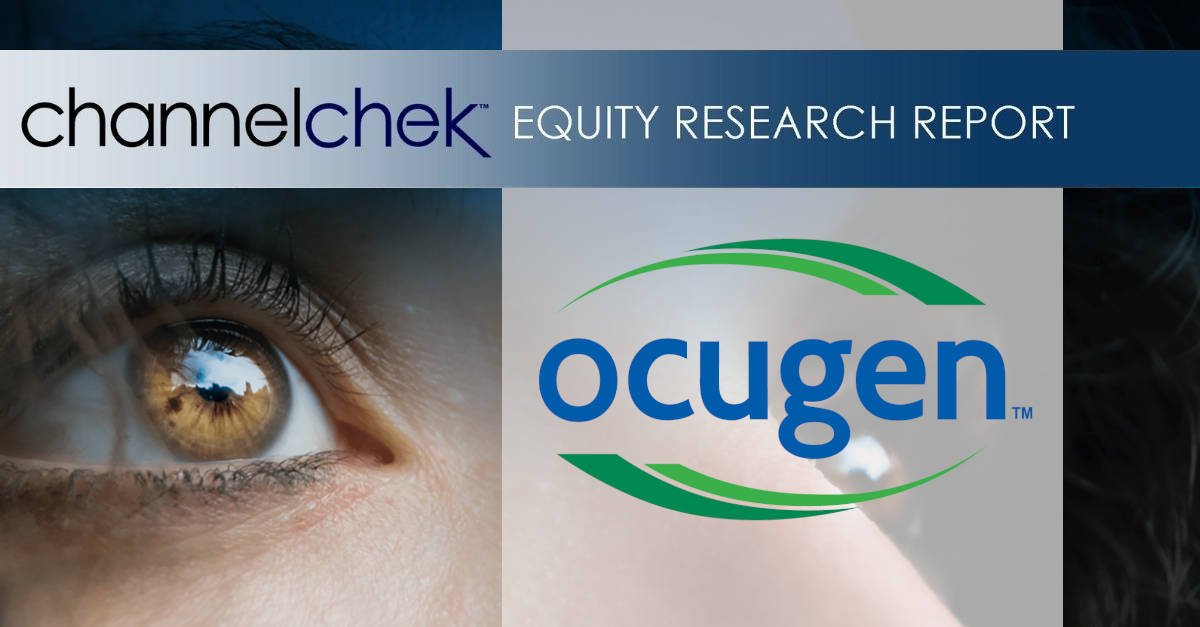Cycle Pharmaceuticals Ltd., a rapidly growing pharmaceutical company laser-focused on rare diseases, has set its sights on acquiring Vanda Pharmaceuticals Inc. (NASDAQ: VNDA) for $8.00 per share in an all-cash transaction valuing Vanda at $466 million.
The unsolicited proposal, disclosed publicly on June 6th, represents an attractive 98% premium to Vanda’s share price prior to an earlier $4.05 per share acquisition offer from Future Pak LLC announced in April. Cycle’s $8.00 bid also represents a 58% premium to Vanda’s closing price on June 5th.
Vanda, which has been publicly traded since 2006, currently markets therapies for sleep disorders, jet lag, and schizophrenia, with additional pipeline candidates in development. The company’s shares have struggled over the past year, trading as low as $3.30 before the Future Pak offer surfaced.
Cycle was founded in 2012 with the sole mission of developing and commercializing treatments for underserved rare disease patients. The company has quickly built an arsenal of six approved drugs, including recent U.S. launches of TASCENSO ODT for multiple sclerosis in 2023 and TIOPRONIN for a rare metabolic disorder in 2024.
In disclosing its proposal publicly, Cycle cited its “extensive U.S. operational footprint and distribution,” stating this makes it “a strong strategic fit” to maximize the value of Vanda’s commercial products and pipeline. Cycle reported $109 million in 2023 net sales and $40 million in operating profits.
The proposal represents “immediate, compelling and certain cash value” for Vanda shareholders according to Cycle. Its $8.00 per share cash bid exceeds the cash component of Future Pak’s most recent $23 per share revised offer on May 7th, which included stock and contingent value rights.
Cycle stated it has substantial cash reserves on hand and is highly confident it can secure committed debt financing for the transaction after limited due diligence. The firm is aiming to complete diligence within 2-3 weeks and finalize a definitive merger agreement shortly thereafter.
While Cycle stated a preference to reach an agreement privately with Vanda’s board, it has gone public with its proposal “for the benefit of Vanda shareholders” to encourage them to voice support for the premium cash bid.
The rare disease focus of both companies could make this an intriguing strategic fit, while Cycle’s bold premium cash offer puts the onus on Vanda’s board to either embrace this higher-valued bid or make a compelling case that greater long-term value could be unlocked by rejecting it. Regardless, this acquisition play instantly ratchets up the stakes in Vanda’s strategic review process.

